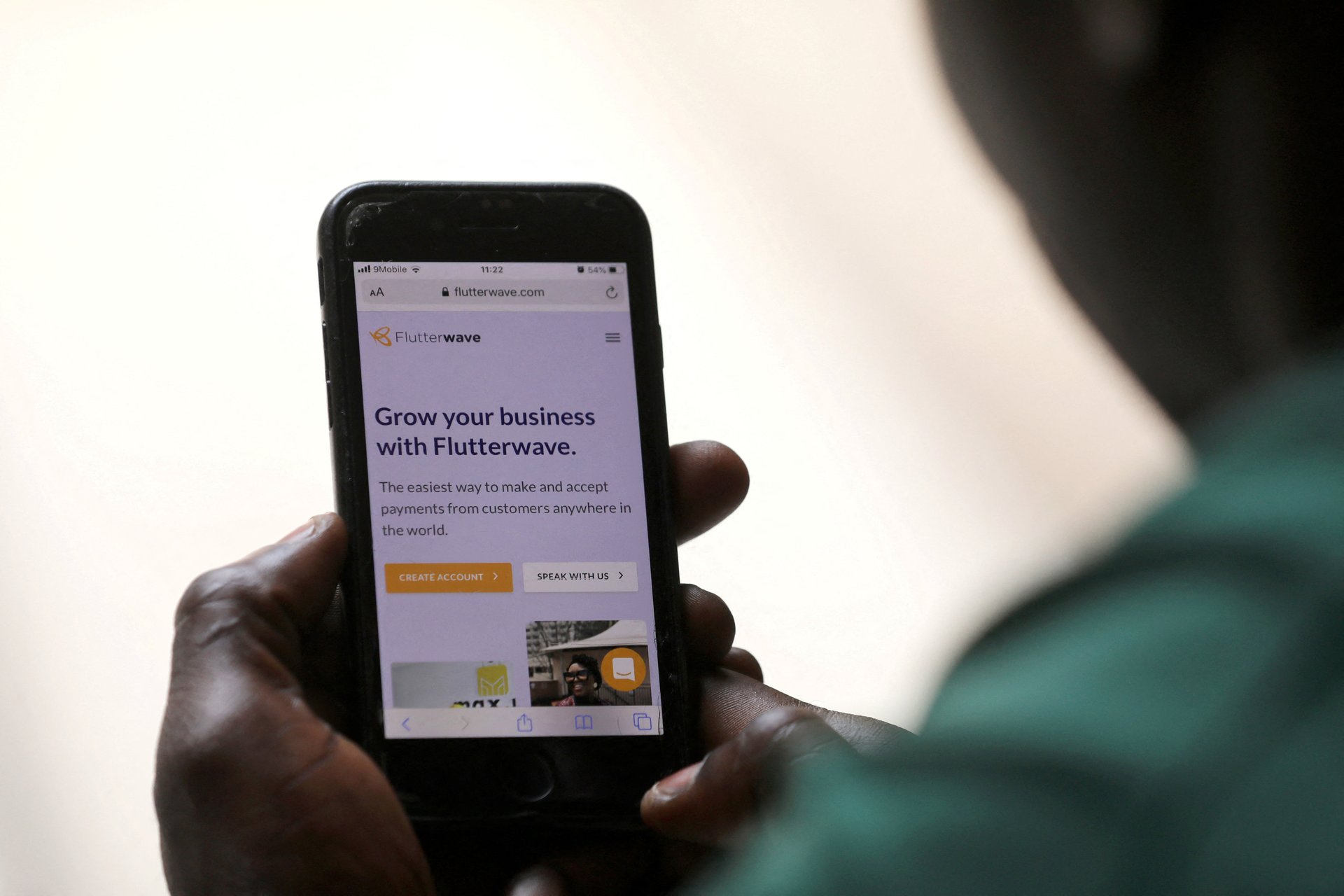African central banks are toughening up on Flutterwave signaling what other startups should expect
In July, African payments company Flutterwave was barred from doing business with banks in Kenya because it has “been engaging in money remittance and payments services without licensing and authorization,” according to the central bank. In Ghana, the company’s relationships with banks are being reviewed as part of a surveillance of the financial system.

In July, African payments company Flutterwave was barred from doing business with banks in Kenya because it has “been engaging in money remittance and payments services without licensing and authorization,” according to the central bank. In Ghana, the company’s relationships with banks are being reviewed as part of a surveillance of the financial system.
The regulatory scrutiny from both central banks add to the tense attention on Flutterwave, Africa’s highest valued and best known startup. For months, it has been the main subject of increased public curiosity around the state of compliance and corporate governance at African startups. It has denied recent allegations of money laundering, but questions around its regulatory status point to a line of inquiry that other African startups may start receiving more frequently.
Regulators insist on registration before operation
After the Central Bank of Kenya’s statement barring Flutterwave (and Chipper Cash) from operating in the country, Flutterwave said it had applied to the bank to get a Payment Service Provider license. “Like many other financial technology service providers in Kenya, our entry into the market was through partnerships with banks and mobile network operators licensed by the Central Bank of Kenya,” the company said.
It is one of the best kept secrets of African fintech that a number of startups launch services or expand into new geographies without necessarily having the required licenses. Instead, they do what Flutterwave said above. But central banks are no longer looking the other way. In March, Ghanaian fintech Dash raised $32 million for its service that aims to connect bank accounts and wallets across Africa. But the Central Bank of Ghana swiftly asked it to stop operations a week later citing the absence of a license. Nothing has been heard of the startup since.
Startups cite the different regulatory requirements as one reason it is difficult to expand a company across Africa, compared to having to deal with uniform regulations for member countries in the European Union. Yet as the actions of the central banks in Ghana and Kenya show, the challenge is not going away. There is at least one implication to that: when startups say they have raised money for geographical expansion, they will have to state the licenses they have obtained to enable them to operate in the new destinations.